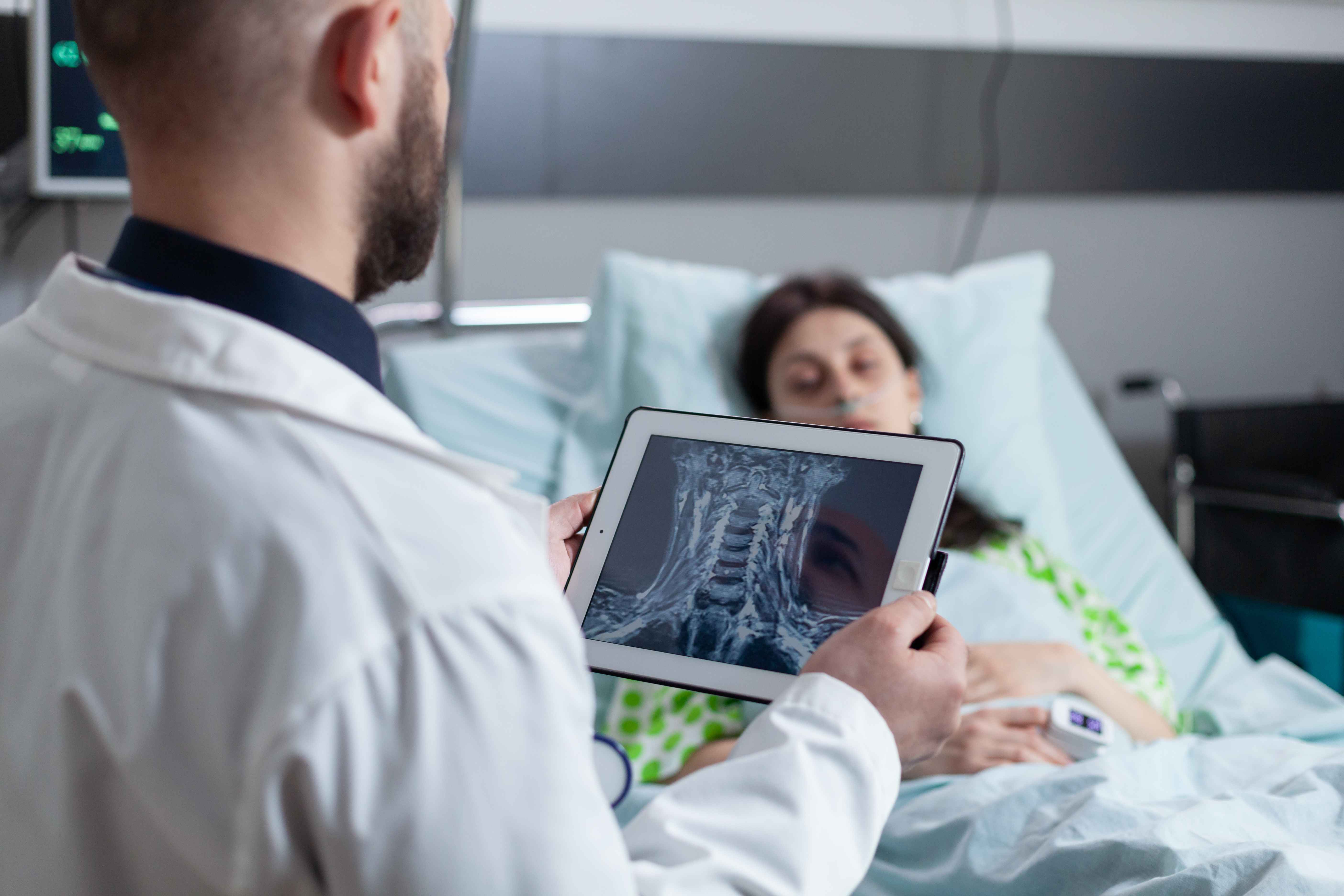
As the landscape of healthcare evolves, the demand for specialized professionals in critical care technology is on the rise. These specialists are pivotal in ensuring the well-being of patients in intensive care units (ICUs), emergency rooms, and other high-stakes environments. If you're aspiring to join this noble field, pursuing a course from the Top Paramedical College in West Bengal can set you on the right track. In this blog, we delve into the various specializations within critical care technology and why choosing a premier institution like KBIHER can make all the difference in your career.
Critical care technology is a vital branch of healthcare that deals with the support and monitoring of critically ill patients. Professionals in this field use advanced medical equipment to track vital signs, administer treatments, and support life-saving procedures. As the backbone of intensive care units, critical care technologists ensure that the healthcare team can make informed decisions swiftly and accurately.
Critical care technology is a broad field with several specializations, each requiring specific skills and knowledge. Here are some of the key areas:
Specialists in cardiac critical care focus on patients with severe heart conditions. They are adept at using devices like defibrillators, pacemakers, and intra-aortic balloon pumps. They work closely with cardiologists to manage heart attacks, heart failure, and post-operative cardiac care.
Neonatal critical care technologists work in neonatal intensive care units (NICUs), caring for premature and critically ill newborns. They are trained to operate incubators, ventilators, and other specialized equipment designed for infants. This specialization requires a deep understanding of neonatal physiology and the unique challenges of treating newborns.
This specialization deals with patients suffering from severe neurological conditions such as traumatic brain injuries, strokes, and seizures. Neurocritical care technologists use intracranial pressure monitors, EEG machines, and other neuro-monitoring devices. They play a crucial role in managing and stabilizing patients with complex neurological issues.
Trauma critical care technologists are involved in the immediate response to severe injuries from accidents, violence, or natural disasters. They are skilled in using a variety of monitoring and life-support equipment. Their expertise is essential in trauma centers where quick and effective intervention can save lives.
Specialists in respiratory critical care manage patients with acute respiratory distress syndrome (ARDS), chronic obstructive pulmonary disease (COPD), and other severe respiratory conditions. They operate ventilators, oxygen therapy devices, and other respiratory support equipment, working alongside pulmonologists and respiratory therapists.
Selecting the right institution for your education is crucial for a successful career in critical care technology. The Top Paramedical College in West Bengal, such as KBIHER, offers several advantages:
KBIHER provides a well-rounded curriculum that covers all aspects of critical care technology. The courses are designed to impart both theoretical knowledge and practical skills, ensuring that students are well-prepared for the challenges of the field.
The college is equipped with modern labs and simulation centers that mimic real-life critical care scenarios. This hands-on experience is invaluable in developing the competence and confidence needed to excel in high-pressure environments.
At KBIHER, students learn from seasoned professionals who bring a wealth of knowledge and real-world experience to the classroom. The faculty’s guidance is instrumental in shaping the next generation of critical care technologists.
KBIHER has strong ties with leading hospitals and healthcare institutions, facilitating excellent placement opportunities for graduates. This network ensures that students can transition smoothly from academia to the professional world.
Beyond academics, KBIHER emphasizes the overall development of its students. Various extracurricular activities, seminars, and workshops are conducted to enhance soft skills, critical thinking, and professional ethics.
Choosing a career in critical care technology is a commitment to making a difference in the lives of patients during their most vulnerable times. By specializing in areas like cardiac, neonatal, neurocritical, trauma, or respiratory care, you can become a vital part of the healthcare system. Enrolling in the Top Paramedical College in West Bengal, such as KBIHER, will provide you with the education, skills, and opportunities needed to thrive in this demanding yet rewarding field. Start your journey towards becoming a critical care technology specialist today and play a crucial role in saving lives. Contact us for any inquiry.